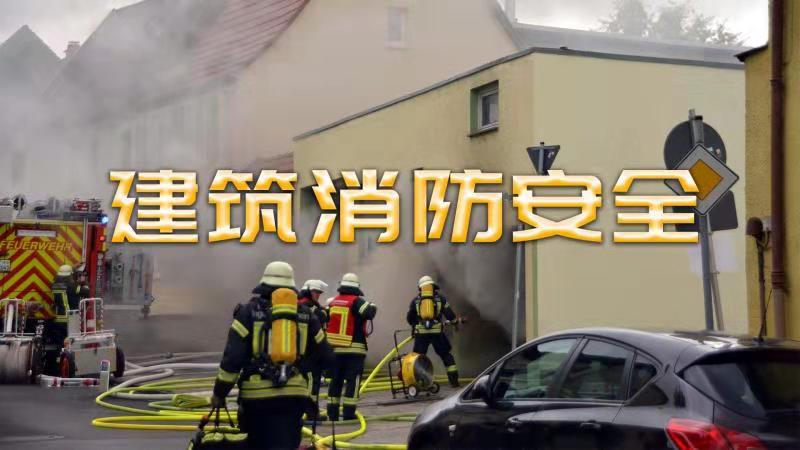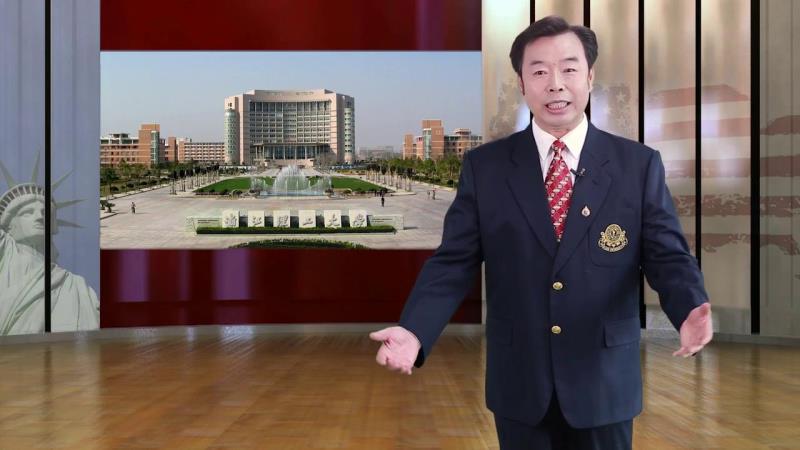
当前课程知识点:Hospitality English > 1 THE NATURE OF TOURISM BUSINESS > 1.2 Tourism Industries > 1.2.4 Convention & exhibition
返回《Hospitality English》慕课在线视频课程列表
In this video, you will learn about "Convention & Exhibition". After learning this video, you should know the growth in these sectors and analyse its reasons. Can you report its development with supporting data?
返回《Hospitality English》慕课在线视频列表
欢迎回来
让我们开始学习会议与展览
在这部分中 我们将学习会展的基本概念
和行业概况
自上世纪50年代以来
会展业的发展得益于供需双方的诸多因素
其中一些因素与支持旅游业
总体增长的因素密切相关
例如
可支配收入的增加 更多的人喜好旅行
闲暇时间的增加 以及交通和技术的改善
都促进了会展业的发展
由于对会议的需求增大
并考虑到该行业潜在的经济效益
世界上许多目的地都在基础设施建设方面投入了大量资金
国家和地方会议局都积极促进目的地的设施建设
以及其他影响选址过程的属性
此外 国际 国家和区域协会的
行业代表性和协调性
也得到了显著改善
如今 会展业被认为
是旅游业中最蓬勃发展的领域之一
它对价格变化的反应最小
有助于降低旺季-淡季的季节性模式
会展业具有吸引高消费游客的潜力
他们经常在一个目的地停留更长时间并重复访问该目的地
此外 举办国际会议被视为声名显赫的
世界各地的旅游当局
都热衷于将会议游客吸引到目的地
然而 要真正了解该行业的发展
还必须考虑经济状况对该行业增长的影响
展览不同于会议 大会或研讨会
或是其他商业和消费活动
展览不包括跳蚤市场和街头市场
展览包括贸易展览和公开展览
贸易展览促进贸易和商业
主要由贸易参观者参加
贸易展览可以在特定时间向公众开放
公共展览主要向普通公众参观者开放
公开展览有时也被称为消费展
由于以下几个原因
国际展览和会议的规模和重要性目前有所增加
首先 全球化降低了国家间
传统意义上的边界的重要性
因此 今天的企业和人们可以到
其他国家去参加或组织各种类型的特殊活动
第二 过去几十年的技术进步
使得特殊活动的数量增加
通过提出需要讨论和向公众介绍的
新的商业想法
第三 互联网在人类和组织生活的许多方面发挥着越来越大的作用
这有助于更广泛地传播有关特别活动的信息
并且相应地增加了参加特别活动的人数
根据国际展览联盟UFI2019年的报告
2018年 约3.2万个展览
在近1.38亿净平方米(15亿平方英尺)
180多个国家售出
展会产生了近1,160亿欧元(1,369亿美元)的直接支出
包括观众 参展商和与展会相关的额外支出
北美和欧洲在直接支出方面排名第一和第二
分别占2018 年全球直接支出总额的44%和34%
2018 年 展会共接待了近3.03 亿名观众和450 万名参展商
欧洲以1.12 亿人次的观众
和130 万人次的参展商人数位居第一
其次是北美地区有9120 万参观者和160 万参展商
现代会展业
具有巨大的活力和潜力
一直被称为21 世纪的朝阳产业
事实证明 大规模 高规格的展览
会提高一个城市的知名度和经济实力
知识点到此结束
以下是参考资料
谢谢您的聆听
-1.1 Hospitality and Tourism
--1.1.1 Introduction of hospitality
--1.1.2 Introduction of tourism (1)
--1.1.3 Introduction of tourism (2)
--1.1.4 Basic conception of tourism (1)
--1.1.5 Basic conception of tourism (2)
-1.2 Tourism Industries
--1.2.4 Convention & exhibition
--1.2.5 Entertainment & recreation
-1.3 Nature of Tourism Businesses
--1.3.2 Characteristics of hospitality
--Week 1 Quiz
-2.1 Basic Approaches and Etiquette of Hospitality
--2.1.1 Basic approaches and etiquette of hospitality
-2.2 Meet and Greet at Accommodations
--2.2.3 Know how to offer more
-2.3 Meet and Greet at Other Situations of Hospitality
--2.3.1 At transportation services
--2.3.3 At conventions and exhibitions
--2.3.4 At entertainment and recreation situations
-2.4 Communication Skills of Online Travel Agency
--2.4.1 Communication skills of online travel agency
--Week 2 Quiz
-3.1 Culture and Communication
--3.1.2 The characteristics of culture
--3.1.3 What is communication?
--3.1.5 Myths of communication
-3.2 Barriers to Cross-cultural Communication
-3.3 Cross-cultural Communication
--3.3.2 Cross-cultural verbal communication
--3.3.3 Hofstede's cultural dimensions (1)
--3.3.4 Hofstede's cultural dimensions (2)
-3.4 International Practice in Cross-cultural Communication
--3.4.1 International practice in cross-cultural communication
--Week 3 Quiz
-4.1 Getting to Know Tourism Literature
--4.1.1 Significance of tourism literature
--4.1.2 Proper way to choose for reading
-4.2 Capturing the Main Ideas
--4.2.1 Starting with the title & abstract
--4.2.2 Following the structure to focus
--4.2.3 Identifying topic sentences
-4.3 Accumulating Idiomatic Expressions
--4.3.1 Expressions of defining & categorizing
--4.3.2 The extensive use of passive voice
-4.4 Summarizing Reading & Thinking
--4.4.1 Writing a summary of your readings
--4.4.2 Taking notes of your thinking
--Week 4 Quiz
-5.1 What Is A Literature Review
--5.1.1 The definition and types of literature review
--5.1.2 Systematic approaches of literature review
-5.2 Collection and Analysis of Literature
--5.2.2 Methods of literature collection
--5.2.3 Analysis of literature
-5.3 Content of Literature Review
--5.3.1 Concepts, propositions, and theories
--5.3.2 Conceptualization and theoretical framework
--5.3.3 Operationalization of the research framework
-5.4 Evaluate Your Literature Review
--5.4.1 Evaluation of your literature review
--Week 5 Quiz
-6.1 Basic Structure of MTA Thesis/Project
--6.1.5 Reference and acknowledgement
-6.2 Stages of Completing a Thesis
--6.2.1 Thesis initiation stage - research design
--6.2.2 Thesis initiation stage -research methodology(1)
--6.2.3 Thesis initiation stage - research methodology(2)
--6.2.4 Thesis initiation stage - research proposal
--6.2.5 Thesis writing and completion stage
-6.3 Essentials in Managing a Successful Thesis
--Week 6 Quiz
--Final Quiz


